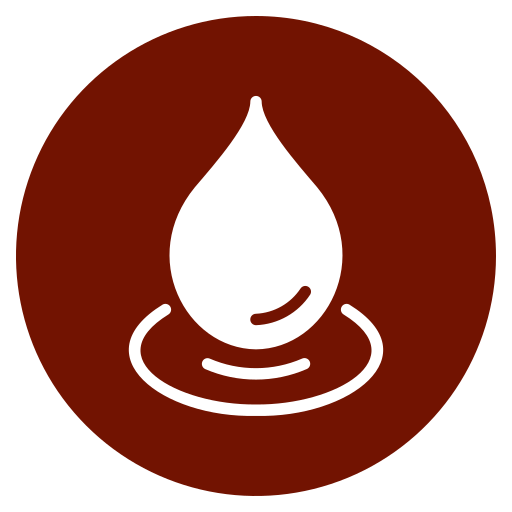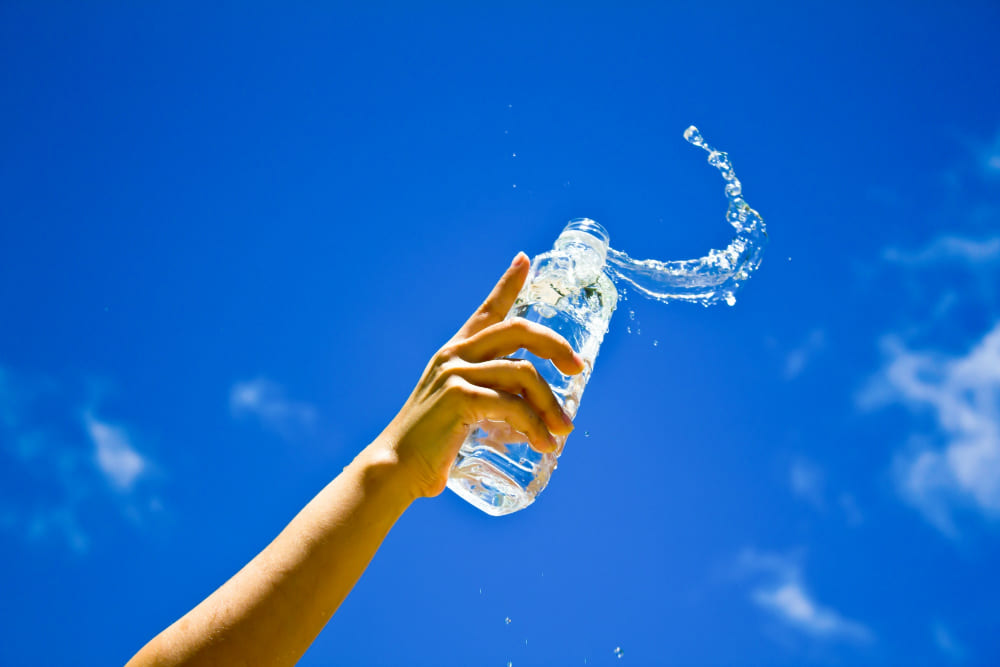Introduction
We often hear about eating right, exercising, and getting enough sleep to boost our immune system. But there’s a powerful and often overlooked health tool that plays a central role in your body’s defense system: hydration. Staying well-hydrated doesn’t just keep you refreshed—it is crucial for the proper functioning of every cell, tissue, and organ, especially those that make up your immune system.
In this post, we’ll explore the deep connection between water and immunity, how dehydration weakens your defenses, and why your path to fewer sick days might just start with a glass of water.
Why Your Immune System Needs Water
1. Lymph Fluid: Your Body’s Internal Transport Highway
About 90% of lymph, a clear fluid that circulates in the lymphatic system and transports white blood cells, is made up of water. This lymphatic system acts like a highway for immune cells to patrol and fight infection. When you’re dehydrated, lymph flow slows, making it harder for the body to detect and respond to threats.
2. Flush Out Toxins and Waste
Water helps flush toxins from vital organs, supports kidney function, and reduces the load on the liver. This detoxifying effect allows the immune system to focus more on fighting infections rather than dealing with a buildup of waste.
3. Aids in Nutrient Absorption
The immune system depends on nutrients like vitamin C, D, zinc, and iron to function properly. Water helps break down food and transport these nutrients to cells. Without adequate hydration, this distribution is less efficient, potentially weakening immune responses.
4. Mucous Membranes: Your First Line of Defense
Ever wonder why your nose feels dry when you’re dehydrated? Mucous membranes in the nose, mouth, and throat act as barriers to pathogens. They trap germs before they enter the body. Proper hydration ensures these membranes stay moist and effective in their role as front-line defenders.
5. Body Temperature Regulation
Fever is a natural immune response to infection. Water helps regulate body temperature and supports sweating—an important process in managing fever and flushing out pathogens. Dehydration can impair these processes and prolong illness.
Signs Dehydration is Hurting Your Immune System
❌ Frequent Infections
If you find yourself falling ill often or taking longer to recover, dehydration could be silently sabotaging your immune defenses.
❌ Constant Fatigue
Water is needed for cellular energy. When you’re low on fluids, your body has to work harder to perform normal functions, leaving you feeling exhausted.
❌ Brain Fog
Dehydration affects brain function, which can make you feel sluggish and unfocused. A clear mind supports healthy behaviors like proper nutrition, good sleep, and stress management—all vital to immunity.
How Much Water Do You Really Need?
There’s no one-size-fits-all, but a general rule is about 2.7 liters (91 oz) for women and 3.7 liters (125 oz) for men per day from all beverages and foods. Needs increase with activity, heat, or illness.
Pro Tip: Use LivWit’s insulated water bottles to track your intake throughout the day. They keep your water cool for 24 hours and are perfect for on-the-go hydration.

Hydration Tips to Support Immune Health
☑️ Start Your Day with Water
After 7-8 hours of sleep, your body wakes up mildly dehydrated. Drinking a glass of room-temperature water first thing helps kick-start your metabolism and immune function.
☑️ Add Natural Boosters
Infuse your water with immune-friendly ingredients like lemon (vitamin C), ginger (anti-inflammatory), and cucumber (hydrating).
☑️ Don’t Wait to Feel Thirsty
By the time you’re thirsty, you’re already dehydrated. Drink small amounts consistently throughout the day.
☑️ Choose Water Over Sugary Drinks
Sugar-laden drinks can suppress immune function. Opt for water as your primary beverage.
☑️ Monitor Urine Color
Light yellow = hydrated. Dark yellow or amber = drink more water.
Myths About Water and Immunity (Debunked)
❌ Myth 1: You Only Need Water When Sick
Wrong! Hydration strengthens immunity all the time, not just when you’re fighting illness.
❌ Myth 2: Other Drinks Hydrate the Same
While tea and juice contribute to fluid intake, many contain caffeine or sugar that may dehydrate or hinder immunity. Water remains the gold standard.
❌ Myth 3: More is Always Better
Too much water can lead to imbalances (like low sodium). The key is steady, appropriate intake, not excess.
What Happens When You Stay Hydrated Long-Term?
- Stronger immune responses during cold and flu season
- Faster recovery from infections and exercise
- Improved skin barrier that keeps germs out
- Better digestion, meaning more nutrients absorbed for immune support
- Enhanced mental clarity, reducing stress (which weakens immunity)
🌧️ Hydration is more than a habit; it’s a daily investment in your health defenses.
Final Thoughts: Hydrate with Purpose
Drinking water may seem simple, but its impact on immune health is profound. From empowering white blood cells to defending mucous membranes and helping your body flush out invaders, water does it all. If you’re looking for a natural, affordable, and science-backed way to stay healthy, water is your best ally.
Don’t wait for sickness to strike. Start building your immune resilience today—one sip at a time.
💡 Want to make hydration a habit? Explore our LivWit premium water bottles that are crafted for health-conscious living.
💬 Have questions about hydration and wellness? Contact us here
Hydrate well, live strong. #LivWitWellness

